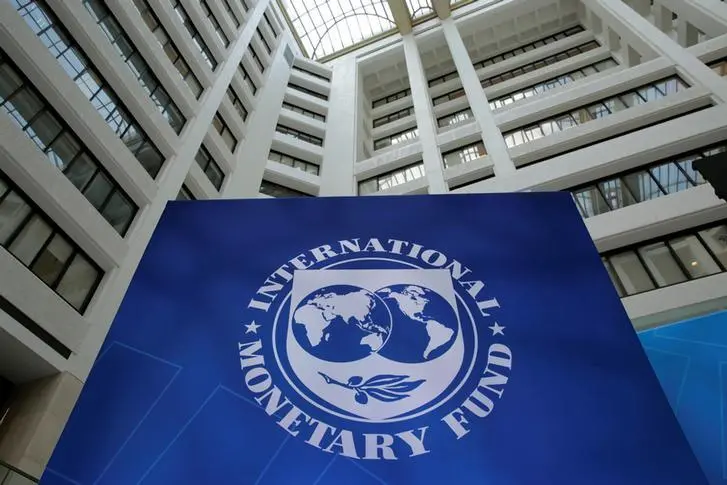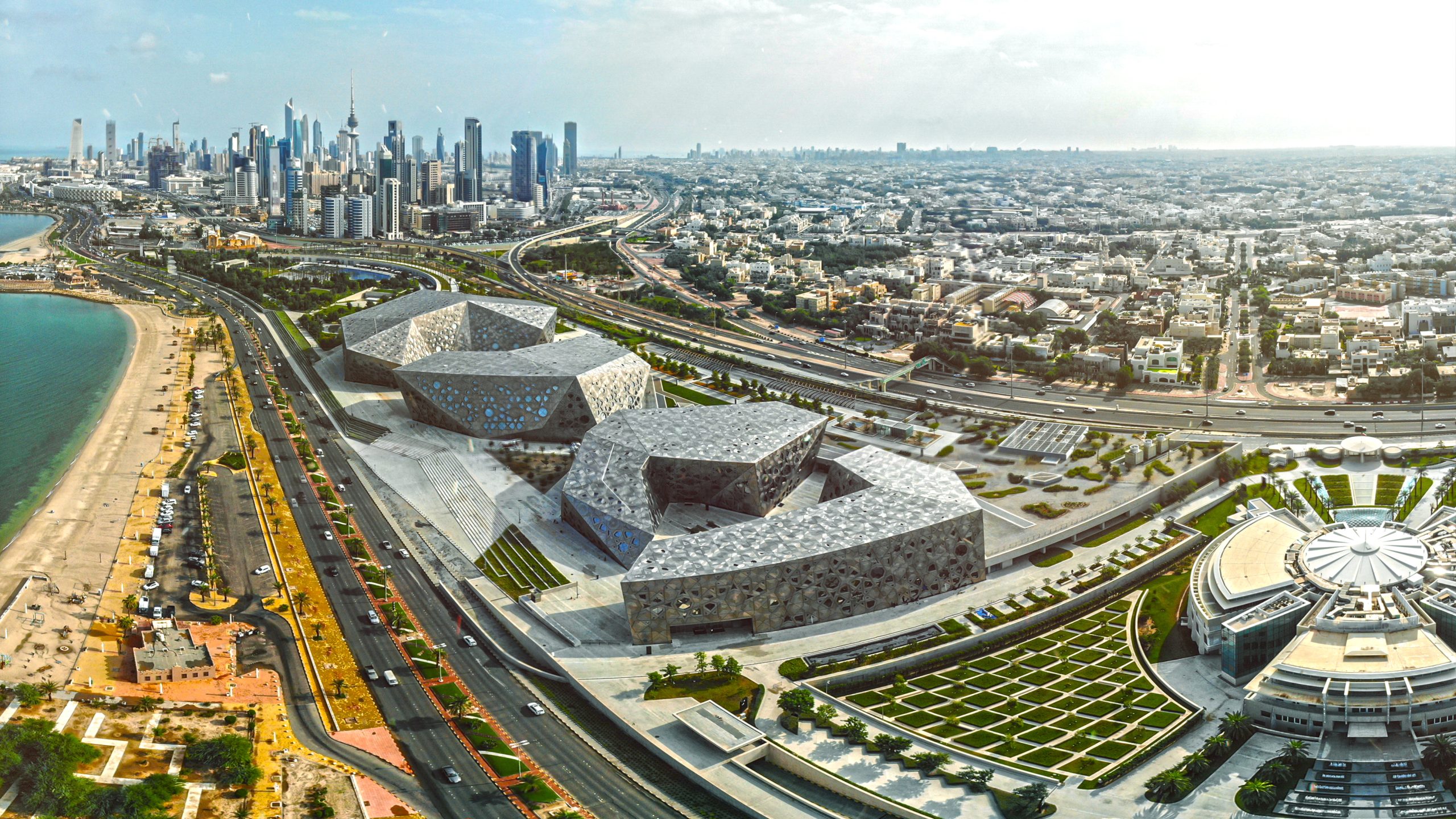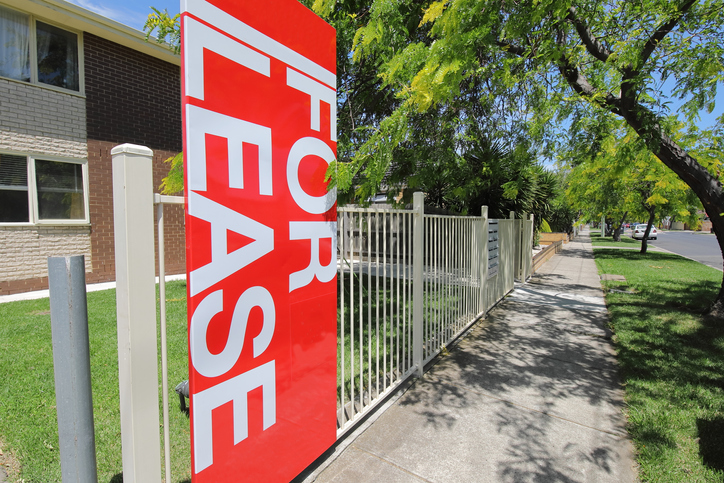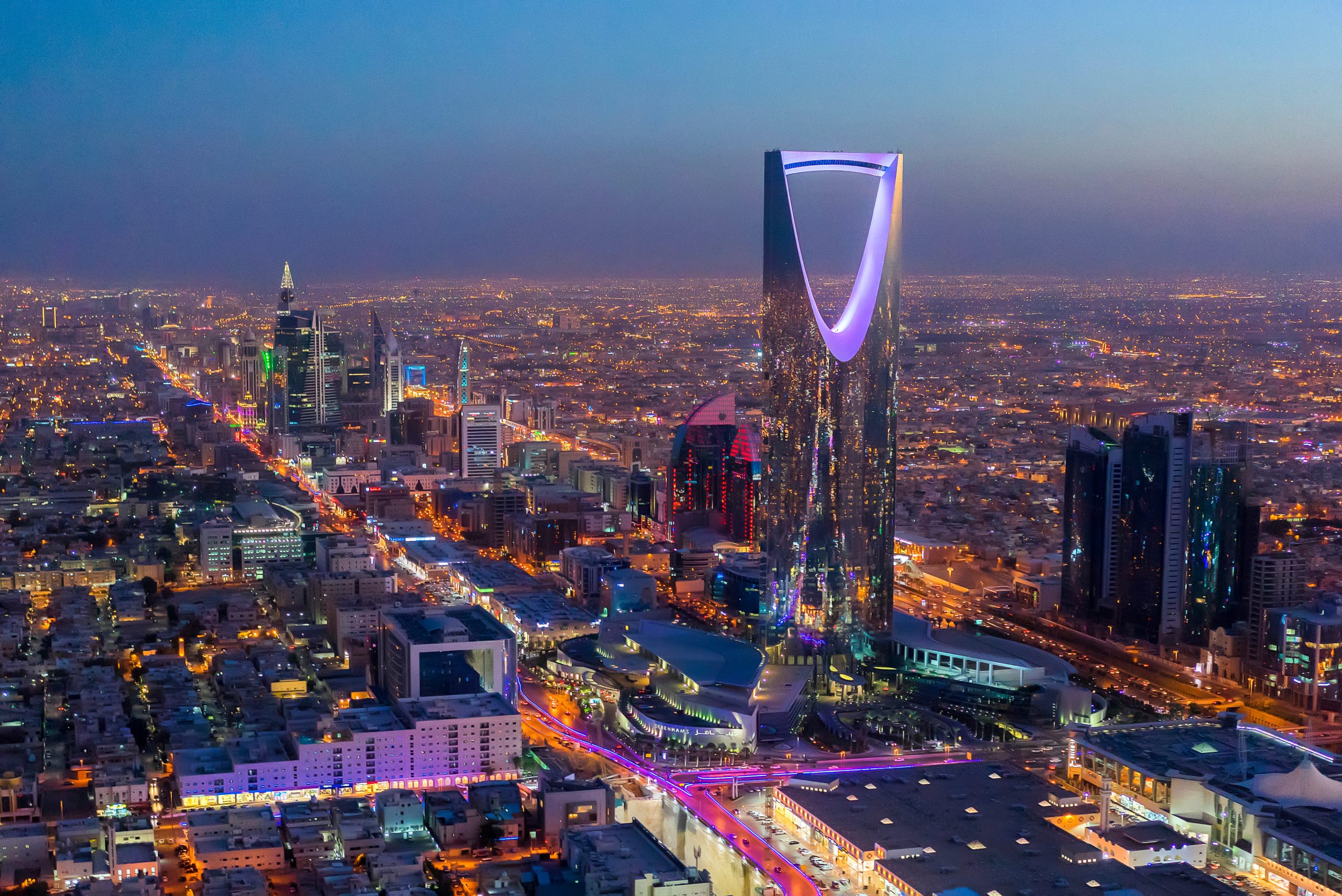IMF downgrades 2024 MENA economic growth to 2.9%
Jihad Azour said the UAE is set to grow by 3.8% in 2024.
Growth in the Middle East and North Africa (MENA) economies is projected at 2.9% this year as the region battles the impacts of the Israel-Gaza conflict, lower oil production, and tight policy settings, the IMF said on Wednesday.
The fund revised downwards its October outlook for 2024 growth projections by 0.5 percentage point with 2023 growth at 2%, Jihad Azour, director of the IMF’s Middle East and Central Asia Department said at a briefing on the 2024 Regional Economic Outlook Update on Wednesday.
“In addition to its devastating impact, the conflict is having adverse economic consequences on the broader MENA region… at a time when growth was already slowing, and the region was facing existing challenges. In particular, debt levels remain high and inflation has not yet been sufficiently brought down in many economies,” said Azour.
The heightened security situation in the Red Sea has raised more concerns about the conflict’s impact on trade and on shipping costs, while oil production cuts by several oil exporters are weighing on overall GDP growth, although non-oil sector activity remains robust, he added.
Azour said one encouraging development was that inflation has continued to decline in most major economies in line with global trends, except in some parts of the region due to country specific challenges.
With regard to the UAE, the IMF expects the economy to grow by 3.8% in 2024. “This growth is mainly driven by the non-oil sector and, therefore, despite extension of the cuts in oil production and oil export… we expect that growth will be at 3.8%.”
He also expects the UAE to see an inflation rate of 2.3% this year. “Over the last few years, the UAE was able to keep inflation under control, which means that this will help address issues related to price increase, as well as improve the overall macroeconomic situation in the UAE…”
He said as Egypt, due to its proximity to Palestine, was heavily impacted by the conflict, it was necessary for the fund to revise its growth forecast for 2024 to 3% compared to 3.8% last year.
On the negotiations that are underway between the IMF and the Egyptian authorities, he said the first and second reviews are being looked into and the negotiations were continuing.
Chris Dixon, a partner who led the charge, says he has a ‘very long-term horizon’
Americans now think they need at least $1.25 million for retirement, a 20% increase from a year ago, according to a survey by Northwestern Mutual
Employment grew for the 16th consecutive month as companies expanded.
According to a recent PMI report, Qatar experienced its fastest non-energy sector growth in almost two years in June, driven by surges in both existing and new business activities.
The Purchasing Managers’ Index (PMI) headline figure for Qatar reached 55.9 in June, up from 53.6 in May, with anything above 50.0 indicating growth in business activity. Employment also grew for the 16th month in a row, and the country’s 12-month outlook remained robust.
The inflationary pressures were muted, with input prices rising only slightly since May, while prices charged for goods and services fell, according to the Qatar Financial Centre (QFC) report.
This headline figure marked the strongest improvement in business conditions in the non-energy private sector since July 2022 and was above the long-term trend.
The report noted that new incoming work expanded at the fastest rate in 13 months, with significant growth in manufacturing and construction and sharp growth in other sectors. Despite the rising demand for goods and services, companies managed to further reduce the volume of outstanding work in June.
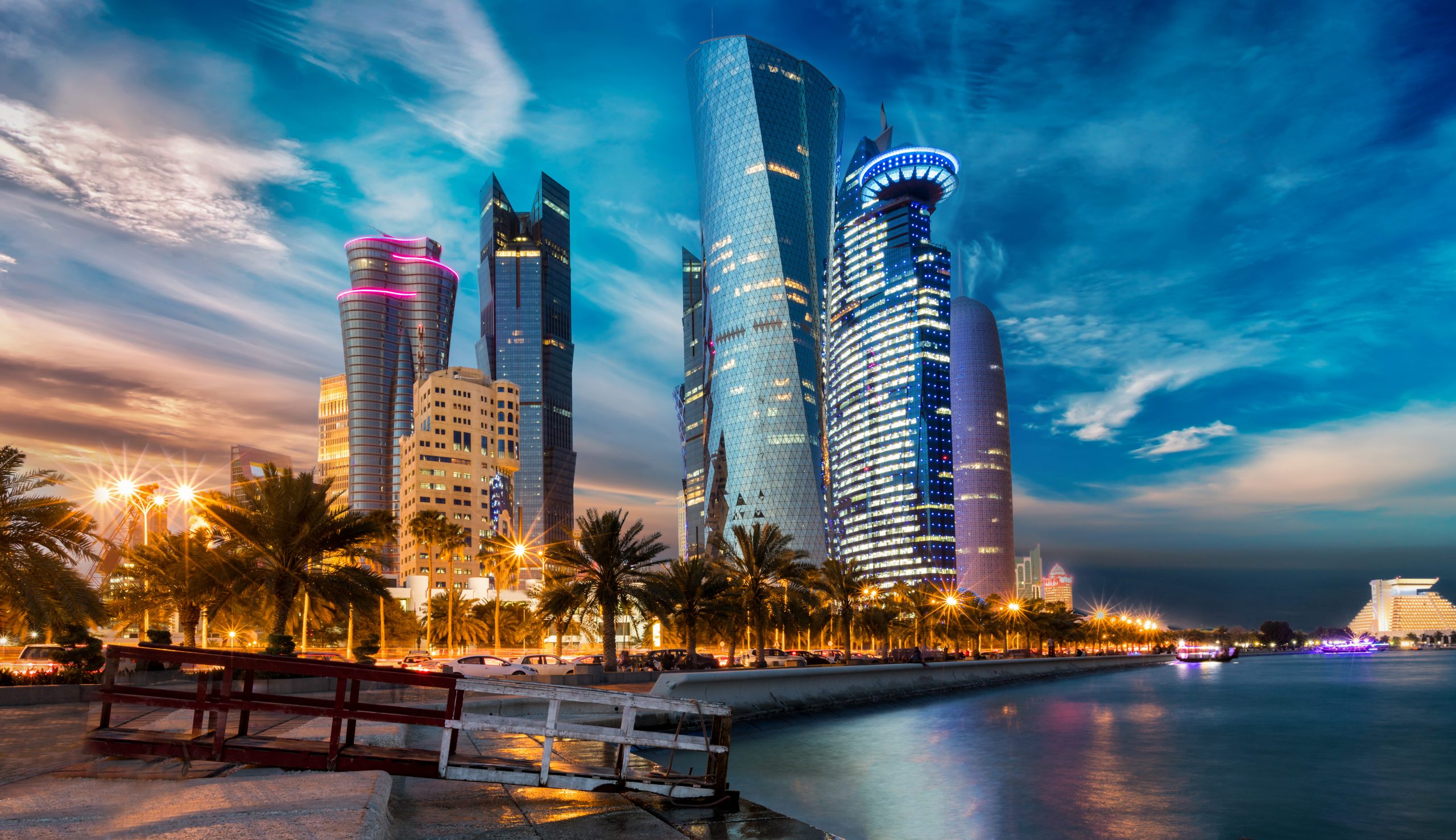
Companies attributed positive forecasts to new branch openings, acquiring new customers, and marketing campaigns. Prices for goods and services fell for the sixth time in the past eight months as firms offered discounts to boost competitiveness and attract new customers.
Qatari financial services companies also recorded further strengthening in growth, with the Financial Services Business Activity and New Business Indexes reaching 13- and nine-month highs of 61.1 and 59.2, respectively. These levels were above the long-term trend since 2017.
Yousuf Mohamed Al-Jaida, QFC CEO, said the June PMI index was higher than in all pre-pandemic months except for October 2017, which was 56.3. “Growth has now accelerated five times in the first half of 2024 as the non-energy economy has rebounded from a moderation in the second half of 2023,” he said.
Chris Dixon, a partner who led the charge, says he has a ‘very long-term horizon’
Americans now think they need at least $1.25 million for retirement, a 20% increase from a year ago, according to a survey by Northwestern Mutual









